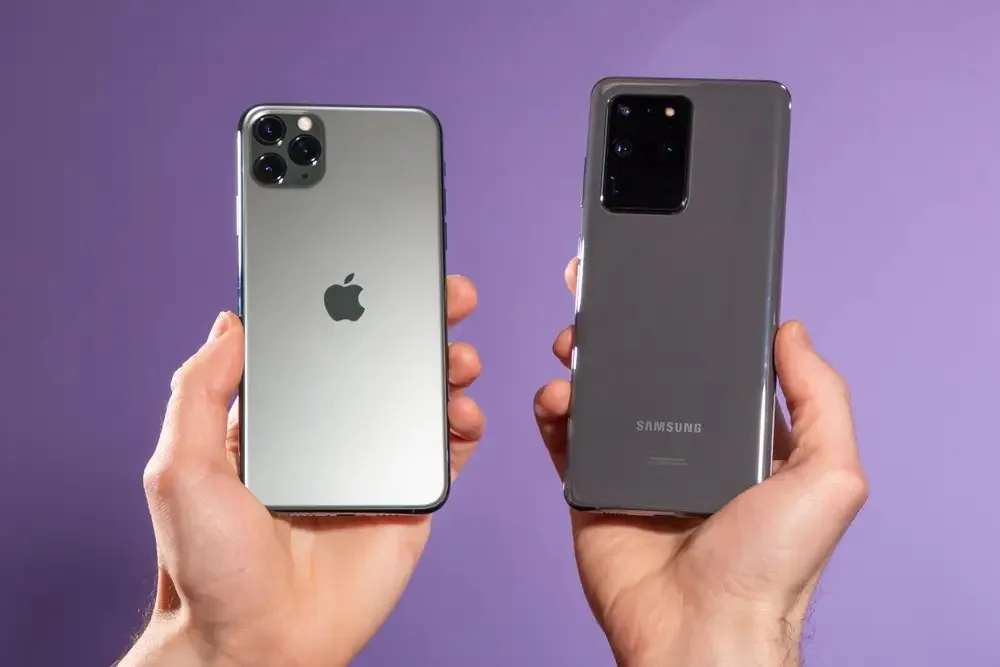Android vs iPhone Resale Value: Which Holds Its Value Best?

If you’re planning to sell your old phone, or upgrade and factor in trade-in value, one question looms large: Which phone type gives you better resale value – Android or iPhone? In this article, we break down the data, explore why the gap exists, and show how this knowledge can benefit you here in New Zealand.

Key Resale Value Data Points
Here are some of the most compelling statistics:
- According to resale and trade-in data: after four years, iPhones retain around 52.5% of their original value, while flagship Androids drop to about 21.1%, and budget Androids to just 12.2%.
- A recent blog from ecoATM states: after 12 months, an average Android phone is worth about 43% of the original purchase price, whereas an iPhone retains about 69%.
- As reported by TechRadar: In a survey, 41% of iPhone owners turned their handset into money (sell or trade) vs only 17% of Android owners — indicating stronger resale behaviour and market demand for iPhones.
- From NZ-specific data via BusinessDesk: The iPhone 13 family lost on average 13% of its value over 16 months, while the Samsung Galaxy S21 range lost 41% over 24 months.
- In a white-paper cited by Apple Inc. via 9to5Mac: iPhones retain at least 40% more of their value compared to Android smartphones, with the gap increasing for older models.
Bottom line: iPhones hold their value significantly better than Android phones, both globally and in NZ-centric comparisons.
Why Do iPhones Hold Value Better?
Several structural and market factors contribute:
1. Longer software & update support
Apple devices typically get 5-7 years of major iOS updates; many Android manufacturers offer 2-4 years (though this is improving). The longer a phone receives updates, the more attractive it remains on the second-hand market. ecoATM+1
2. Controlled supply and fewer models
Apple releases fewer models per year; Android manufacturers release many across premium, mid-, budget tiers. With more Android models competing, older ones devalue faster due to supply saturation.
3. Strong resale demand and brand perception
iPhones enjoy higher demand in the second-hand market. Buyer confidence, easier repair/parts availability and resale infrastructure all support higher value.
4. Better retention of premium features and build quality
Premium iPhones tend to remain relevant for longer – good design, high-end specs, and Apple’s ecosystem help preserve value. Android flagships may have top specs but also depreciate faster.
What This Means for NZ Sellers (and Buyers)
Here’s how you can translate this into actionable insight for the NZ market:
- If you own an iPhone and plan to sell or trade-in, you’re likely to regain more of your original cost than if you held a comparable Android.
- If you hold an Android, consider selling sooner rather than waiting – the depreciation curve is steeper.
- When choosing your next phone, factor in resale value: the up-front cost plus the “what you’ll get back” value = the real cost of ownership
Practical Tips to Maximise Resale Value (Both Platforms)
Regardless of platform, resale value still depends heavily on condition, timing and model. Here are tips:
- Time your sale: As we’ve discussed previously, selling before major model releases is key.
- Keep device in good condition: Minimum damage, good battery health, original box/accessories.
- Unlock the phone / ensure it’s ready for resale: Carrier unlocked status helps, especially in NZ where buyers appreciate flexibility.
- Sell when demand is higher: For example pre-school, post-holiday, or when supply is lower.
- Choose a trusted reseller: A service with strong NZ presence (like SellMyCell) helps you get fair value quickly.
Final Word
If you’re evaluating “Which holds its value better?” the data is clear: iPhones outperform Androids in resale value by a substantial margin. That doesn’t mean Android is a bad choice – depending on your budget and needs, it may still make sense – but if resale value is part of your decision, it’s an edge that iPhone brings.
For anyone in NZ looking to sell, upgrade or simply understand their device’s worth, being aware of these platform-value differences is smart financial planning.


